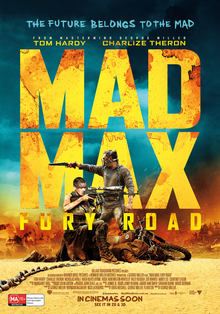 |
| Emma Thompson and Hugh Grant in Sense and Sensibility |
Marianne Dashwood: Kate Winslet
Edward Ferrars: Hugh Grant
Col. Brandon: Alan Rickman
Mrs. Dashwood: Gemma Jones
John Willoughby: Greg Wise
Fanny Dashwood: Harriet Walter
John Dashwood: James Fleet
Sir John Middleton: Robert Hardy
Margaret Dashwood: Emilie François
Lucy Steele: Imogen Stubbs
Charlotte Palmer: Imelda Staunton
Mr. Palmer: Hugh Laurie
Mrs. Jennings: Elizabeth Spriggs
Robert Ferrars: Richard Lumsden
Mr. Dashwood: Tom Wilkinson
Director: Ang Lee
Screenplay: Emma Thompson
Cinematography: Michael Coulter
Production design: Luciana Arrighi
Film editing: Tim Squyres
Costume design: Jenny Beavan, John Bright
Music: Patrick Doyle
Jane Austen's novel Sense and Sensibility is a less accomplished work than Pride and Prejudice, and Ang Lee's film of Sense and Sensibility is a less polished one than Joe Wright's Pride & Prejudice (2005). Yet I can't help thinking Lee's the better film, largely because Emma Thompson labored to bring her screenplay for Sense and Sensibility, an early and somewhat formulaic novel, up to the standards set by Austen's later work, trimming and tightening and giving a better focus to the narrative. And there's something about the casual, good-natured approach to the novel by Lee and his cast that shows up Wright's film as a bit too slick and opulent and self-conscious. I can, and do, quibble with some of the casting: Hugh Grant's Edward Ferrars is a little too goofy and shy to have won the heart of a woman so intelligent as Thompson's Elinor Dashwood. And because Tom Rickman's usual screen persona is often a forbidding one, the film doesn't do enough to establish what Marianne eventually finds so attractive in him. But the whole thing is kept aloft by bright performances, a witty script that embroiders neatly on top of Austen's wit, and by the production design and costuming and especially Patrick Doyle's lovely score.

